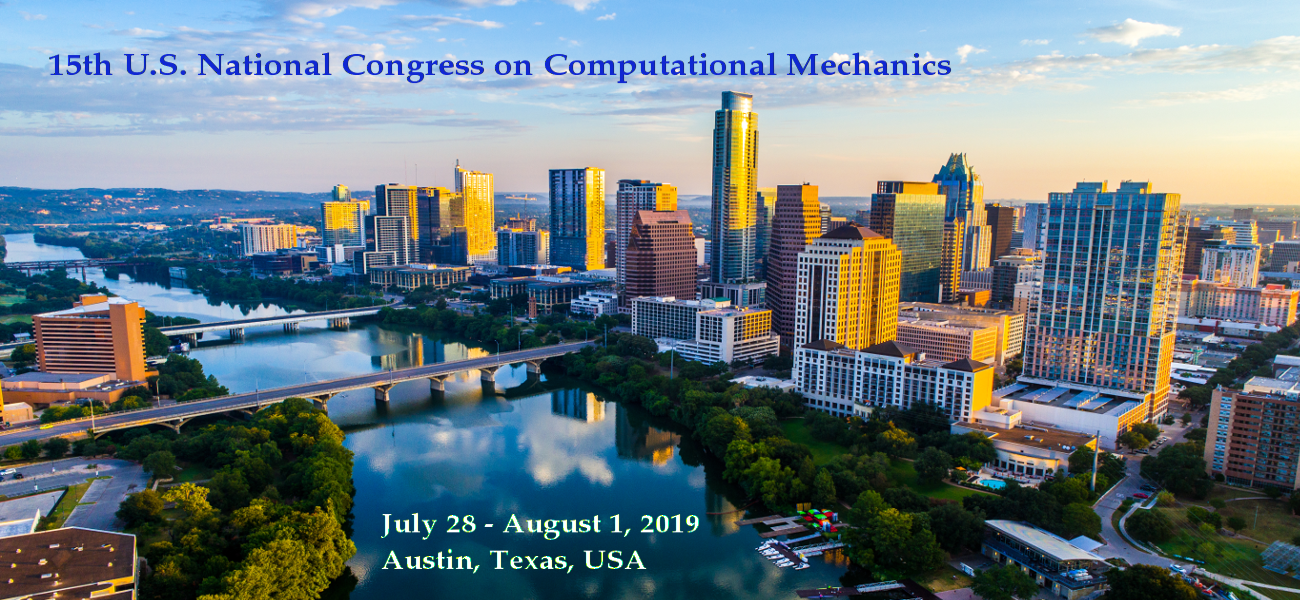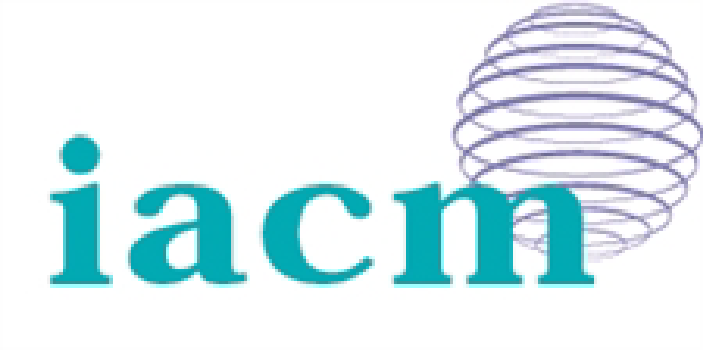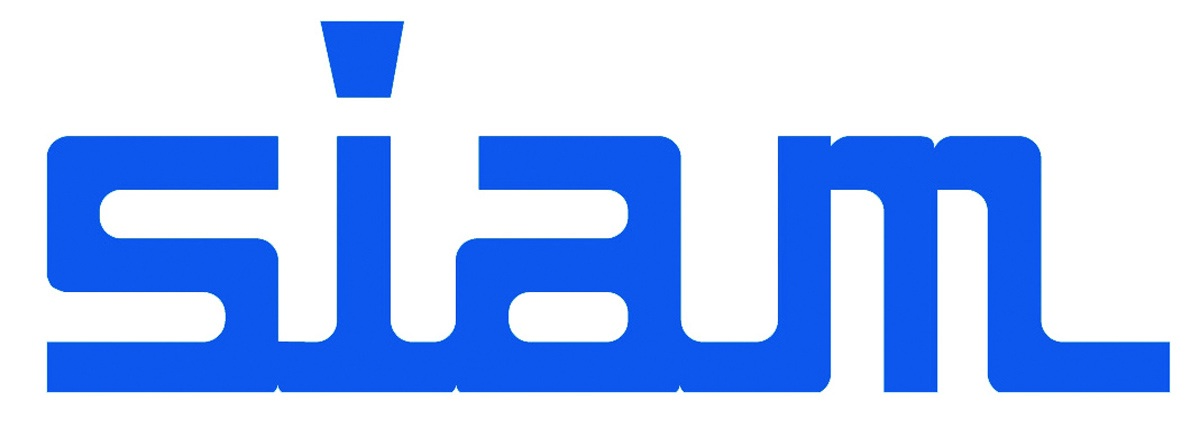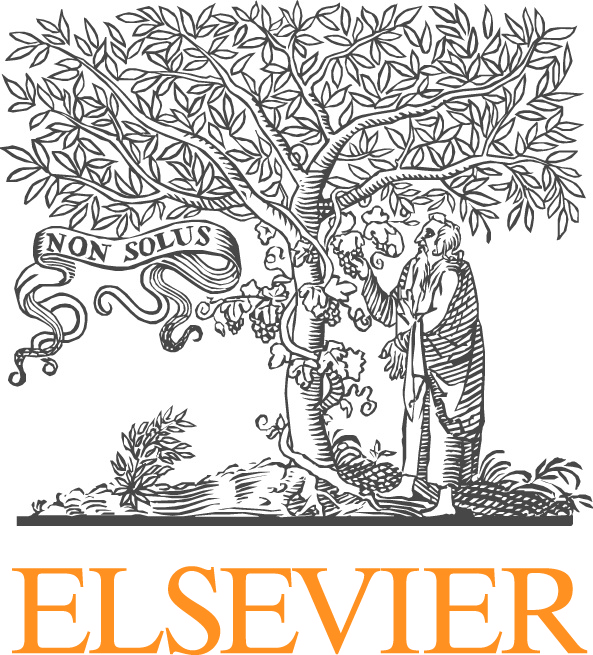Geoffrey Bomarito, NASA
James Warner, NASA
Jacob Hochhalter, University of Utah
John Emery, Sandia National Lab
This minisymposium focuses on modern methods for efficient and scalable uncertainty quantification (UQ) in computational mechanics and materials science. It is now generally accepted that UQ must go hand-in-hand with numerical simulation in order to generate reliable predictions for engineering applications. For multiphysics/multiscale and other expensive simulations, however, the applicability of traditional Monte Carlo-based UQ approaches is extremely limited due to the resulting computational burden. In order to generate probabilistic predictions with increasingly sophisticated computational models then, new and efficient methods for Bayesian inference, stochastic simulation, optimization under uncertainty, stochastic inverse problems, etc. are needed.
Contributions to this minisymposium are encouraged from all avenues for accelerating UQ with high-fidelity simulations, including, but not limited to: reduced-order modeling, machine learning and data-driven paradigms, efficient/parallel sampling algorithms, multi-fidelity modeling, and scalable methods that leverage high performance computing. The minisymposium is intended to be a conversation across the various disciplines of computational mechanics with the underlying theme of scalable and efficient UQ. As such, applications are sought from biological systems, fluid dynamics, materials, solids and structures with special emphasis on multiscale and multiphysics cases.







